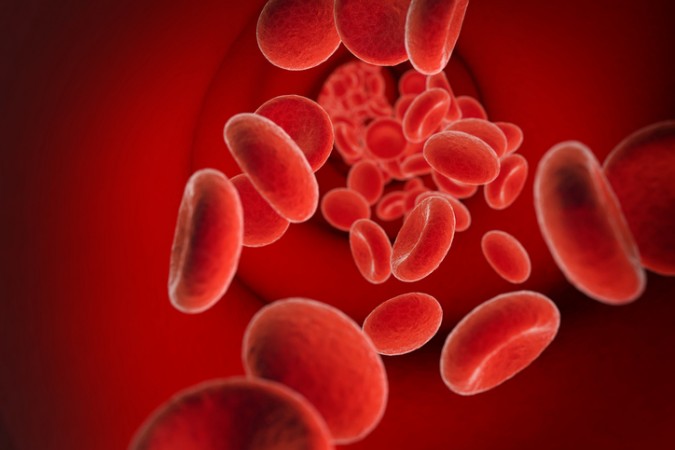
Have you ever wondered why blood seems to keep flowing even after a minor cut or injury? It's not uncommon to experience bleeding that doesn't stop immediately. In this article, we will delve into the reasons behind this phenomenon and explore the factors that can contribute to prolonged bleeding. So, if you're curious about why your body reacts this way and whether it indicates an underlying health condition, keep reading!
When you sustain a cut or an injury that breaks the skin, your body's natural defense mechanism comes into play. One of the key players in this process is blood clotting. The purpose of clotting is to prevent excessive bleeding and facilitate the healing of the injured area.
As soon as an injury occurs, platelets in your blood become activated. These tiny cell fragments rush to the site of the injury, where they start to clump together. This forms a temporary plug that helps to slow down the flow of blood.
The clotting process involves a complex series of reactions known as the coagulation cascade. This cascade involves a sequence of clotting factors that interact with one another, eventually leading to the formation of a stable blood clot. One of the key players in this cascade is fibrin, a protein that creates a mesh-like structure to reinforce the platelet plug.
While the clotting process is designed to be efficient, there are instances where it might not work as expected. Let's explore some factors that can contribute to prolonged bleeding.
Hemophilia is a rare genetic disorder that impairs the body's ability to form blood clots properly. This condition is usually inherited from one's parents and primarily affects males. People with hemophilia may experience prolonged bleeding even after minor injuries.
Certain medications, such as blood thinners, are prescribed to reduce the risk of blood clots in individuals with specific medical conditions. While these medications serve an important purpose, they can also lead to prolonged bleeding. Blood thinners interfere with the clotting process, making it harder for the blood to form a stable clot.
Platelets play a crucial role in the initial stages of clotting. If your platelets aren't functioning properly due to a medical condition or medication, it can lead to prolonged bleeding. Conditions like thrombocytopenia (low platelet count) can result in inadequate clot formation.
Experiencing prolonged bleeding doesn't necessarily mean you have a serious medical condition. However, there are instances where seeking medical attention is important.
If you find that the bleeding from a cut or injury is profuse and doesn't seem to slow down even after applying pressure, it's a good idea to seek medical help. This could be indicative of an underlying clotting disorder or other health issues.
If you notice that you bruise easily or experience nosebleeds frequently, it might be worth discussing with a healthcare professional. While these symptoms can sometimes be harmless, they could also point to an underlying issue with your blood clotting mechanism.
In most cases, minor cuts and injuries can be managed at home with proper first aid. Here are some steps to follow:
Start by cleaning the wound with mild soap and water. This helps to reduce the risk of infection.
If the bleeding doesn't stop immediately, apply gentle pressure to the wound using a clean cloth or bandage. Maintain the pressure for several minutes until the bleeding subsides.
Applying an antiseptic ointment to the wound can further prevent infection.
Once the bleeding has stopped, cover the wound with a clean bandage or sterile dressing to keep it protected.
In most cases, the body's clotting mechanism works efficiently to stop bleeding. However, factors such as genetic conditions, medications, and platelet dysfunction can contribute to prolonged bleeding. If you're ever unsure about the severity of bleeding or concerned about your clotting ability, don't hesitate to consult a healthcare professional. Remember, taking proper care of minor cuts and injuries at home can also play a significant role in preventing complications.
Unveiling the Magic: Ghee and Hot Milk Elixir for Holistic Health
Guarding Your Heart: How Excessive Calcium Could Impact Cardiovascular Well-being